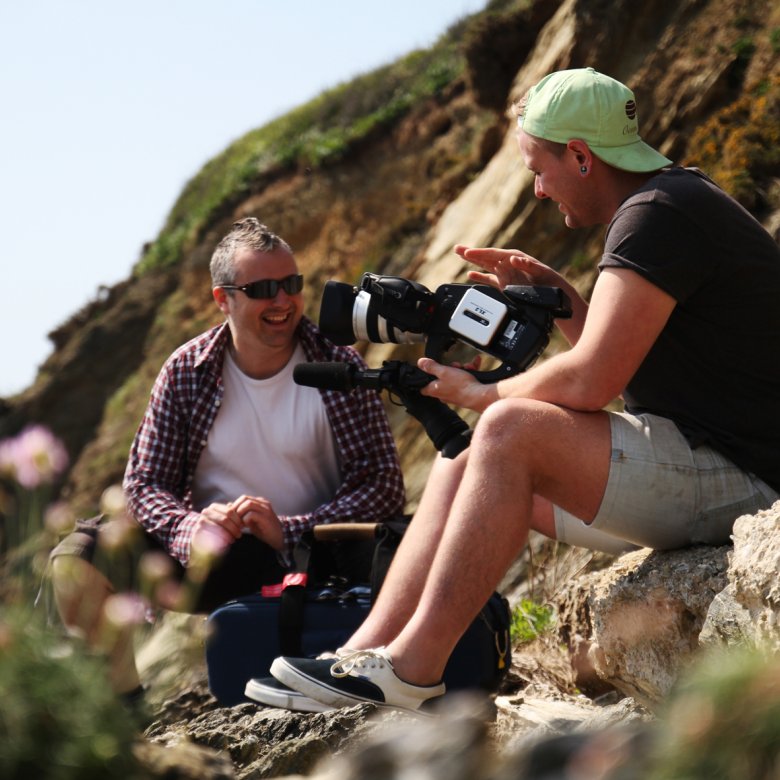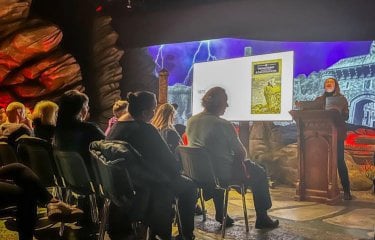Film & Television MA now eligible for BAFTA scholarship
03 May 2022

Applicants to Falmouth University’s Film & Television MA will now be eligible for the BAFTA Scholarship.
The University is proud to have yet another course recognised by BAFTA. However, with successful applicants gaining substantial financial support towards their tuition fees, the course team is most excited about attracting new, diverse talent.
Course leader Anna Misiak says, “as much as it is a flattering recognition of our reputation, we also hope it will help diversify our cohort by assisting candidates from less privileged backgrounds to join us at the School of Film & Television next year.”
The one-year intensive master’s course has supported many starting professionals in the past. Yet, the course is also keen to attract and teach students with no prior professional experience.
“We want to teach people who are driven by ideas and dream of telling screen stories, be it of commercial or experimental nature. We help them change their careers and emerge as specialised film and TV practitioners, ready to take up crew roles of choice,” explains Anna.
As a Screenskills accredited HE programme, staff on the course work hard to prepare students for the film and TV job market. “We take pride in equipping them with professional skills and research knowledge,” says Anna. “They all graduate with expert portfolios, ready to jump-start their practice or research careers in any location globally, often straight after graduation.”
Our academic and technical tutors also create a supportive environment, encouraging MA students to try new and often risky ideas. As Anna says, “We continually challenge the existing practices of screen storytelling while developing students' creative thinking through contextual knowledge about global film and TV cultures.
“Our teaching is student-centred, liberates thinking and honours what individual students bring to the table. We always aim to empower them to be vocal and expressive and to question the status quo.”




